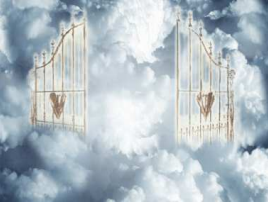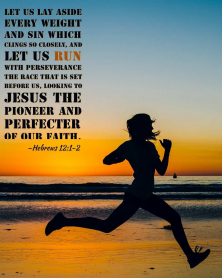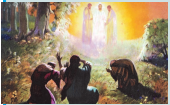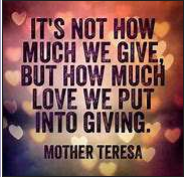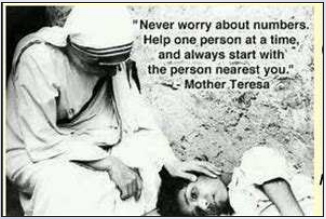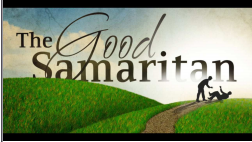Labor Day Weekend
https://stmarystcatherine.org/wp-content/themes/osmosis/images/empty/thumbnail.jpg 150 150 Charlestown Catholic Collaborative Charlestown Catholic Collaborative https://stmarystcatherine.org/wp-content/themes/osmosis/images/empty/thumbnail.jpgFor as long as I can remember that phrase, “Labor Day Weekend” contained within it more emotion then I ever cared to face. Of all of the transitions that happen within the course of a calendar year, none seems as profound, as challenging and frankly as sad as this one. Summer is over. OK, I have said it, even though I don’t really accept it. There are still some weeks of beautiful weather ahead; everyone knows sailing and the best swimming are in September. And on and on, I try to push back to the sorry truth, summer is over.
I am certain I am not alone in this reaction to Labor Day. While parents of school age children secretly or otherwise rejoice that summer is ending and their children will return to school in a matter of days, most of us lament that the beauty and the loveliness of the summertime is ending.
In 1894 the U.S. Congress established Labor Day as a federal holiday to be celebrated on the first Monday in September. Today the weekend is embraced as a final fling of summertime for young and old. Family reunions, cookouts, parades and other kinds of social gatherings mark this weekend. The Sunday before Labor Day is called Labor Sunday. On this day it is recommended one reflect on the spiritual and educational aspects of work and the labor movement.
We all earn our daily bread by our work, in one way or another. Some of us are blessed with work that is more a vocation and it is deeply fulfilling and meaningful. Yet I think many do not find their jobs pleasant and enjoyable. Rather their work can be drudgery. The large numbers of workers who daily labor at one or two minimum wage jobs are an example. Over the brief history of workers in our country, it has been the labor movement that has brought relief for workers who had known abuse and exploitation. Many of us recall the stories of our parents and grandparents about the struggles of the immigrant workers in our cities. Those struggles continue for many immigrants today.
The Catholic Church has long been a committed friend of the worker. From early on the Church supported labor unions and the rights of workers to organize. Catholic Social Teaching would hold the following: The economy must serve people, not the other way around. Work is more than a way to make a living: it is a form of continuing participation in God’s creation. While the unions of today face many challenges they are nonetheless the hope of many workers for a decent wage and fair and safe working conditions. For all of these reasons and more, we gratefully celebrate Labor Day, 2019.
Underlying the rights of workers is our belief in the dignity of each person, as a child of God. This dignity pervades all that we are and do and infuses all the seasons of our lives with an awareness of God’s plan that all people have what they need to live with dignity and hope. Clearly we have a lot of work to do to make that dream a reality.
Fr. Ronan
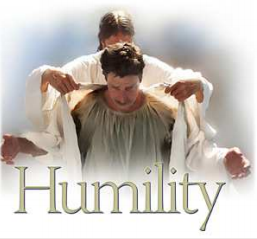
Twenty-second Sunday in Ordinary Time September 1, 2019
In today’s Gospel, Jesus challenged the social structure of the Pharisees and teaches his hosts and their guests some profound lessons in humility. Pharisees maintained deep social divisions between who they considered “holy” and “unholy,” rich and poor, honored and despised. They didn’t invite someone to a banquet or dinner who couldn’t reciprocate. And the lowly, the poor, the crippled, the lame and the blind had no capacity to reciprocate. Good stewards realize that if they embrace a humility that allows them to be generous to those who cannot repay them, they give evidence of having the kind of heart that will enjoy the Lord’s intimate friendship. This week let’s reflect on our attitude towards those who cannot repay our generosity. What is the extent of our hospitality toward others? Are we generous with those who cannot repay us?

